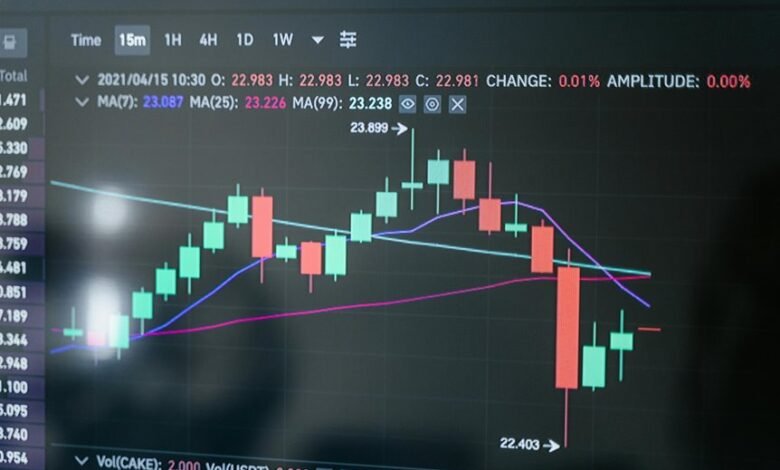4806903932: What to Do When the Market Crashes

When the market experiences a significant downturn, investors often face heightened anxiety. It becomes essential to analyze one's financial landscape meticulously. This includes evaluating budgets, income sources, and expenditures. A well-structured response plan is crucial for navigating potential losses. Furthermore, identifying undervalued assets may present unique opportunities. Understanding these elements is vital. How one approaches these challenges can significantly impact future financial stability and growth. What strategies will emerge from this analysis?
Assessing Your Current Financial Situation
How does one effectively gauge their financial standing in the wake of a market crash? A thorough budget evaluation is essential, allowing individuals to identify income sources and expenses.
Additionally, reviewing asset allocation helps in understanding the distribution of investments.
Developing a Strategic Response Plan
After assessing their current financial situation, individuals must focus on developing a strategic response plan to navigate the aftermath of a market crash.
This plan should emphasize risk management techniques to mitigate potential losses and promote investment diversification to safeguard assets.
Identifying Opportunities During a Downturn
While market downturns often evoke fear and uncertainty, they can also present unique opportunities for savvy investors.
By employing astute investment strategies and conducting thorough market analysis, investors can identify undervalued assets and sectors poised for recovery.
This proactive approach enables them to capitalize on discounted prices, ultimately fostering long-term financial freedom and resilience in an unpredictable economic environment.
Conclusion
In the tumultuous sea of market fluctuations, individuals must navigate carefully to avoid being swept away by panic. By methodically assessing their financial situation, crafting a strategic response, and identifying undervalued opportunities, investors can position themselves as resilient sailors rather than castaways. Just as a seasoned navigator adjusts their course with changing tides, so too should investors remain vigilant and adaptable, ensuring they are prepared to seize potential gains when the storm subsides.





